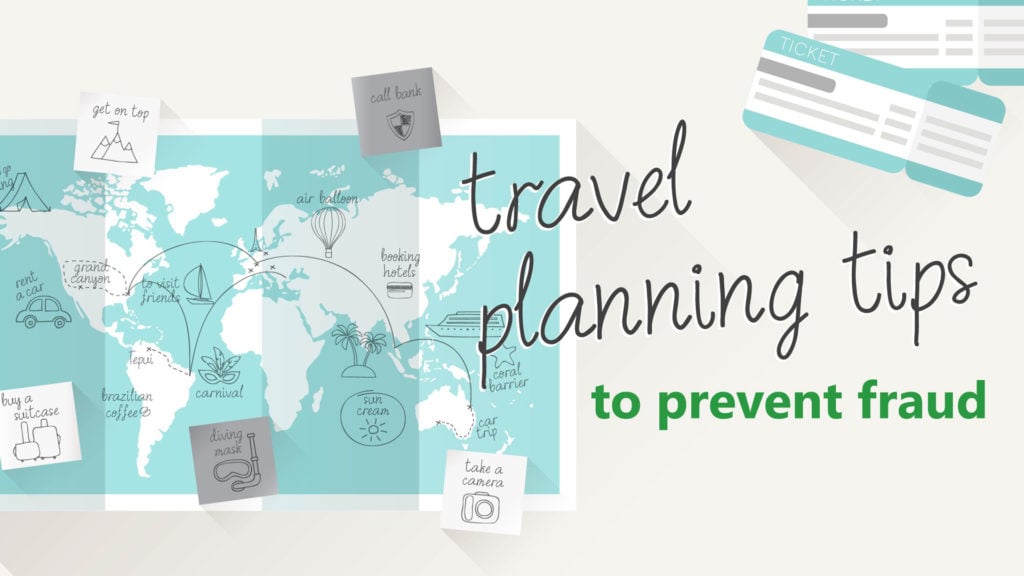
By Jocelyn Wood, RCB Bank Marketing
1. Bring only what you need.
When planning your next vacation, pack a lighter wallet, suggests RCB Bank Vice President, Security Officer Christy Wild.
“Bring only the amount of cash you will need and maybe one credit card.”
2. Leave your debit card at home.
“Especially if you are traveling internationally,” says Wild. “Debit cards tie directly to your bank account. If fraudulent charges are made, it is possible money may be taken out of your account that day.”
If debit card fraud goes unnoticed for a number of days, thieves may deplete your funds. Credit card fraud is not an immediate financial impact on you.
Under the Fair Credit Billing Act (FCBA) and the Electronic Fund Transfer Act (EFTA), federal law limits your liability for unauthorized charges, but your protection depends on the type of card and when you report the loss.
After you report fraud, your bank has to investigate and process your claim, which takes time. Rules pertaining to refund timeframes vary between types of fraud. Ask your bank for details.
3. Keep an eye on your account.
“From the time your card leaves your wallet until the time it returns, it is technically at risk,” Wild says. “It is crucial to monitor your accounts.”
Proper monitoring will help you find discrepancies.
Early detection and fast action to alert your credit card company and bank is the key to protecting your money.
Many credit card companies and banks offer text banking. This is a great fraud detection tool as you can set up transaction alerts.
Set an alert to notify you each time a transaction occurs on your account. This will help you spot charges you did not initiate. Text banking message, data rates and fees may apply.
You can also download your bank’s mobile banking app. This is another good tool that allows you to scan your accounts anytime from practically anywhere.
“Do not log in to your account on a public Wi-Fi network,” Wild says. “Fraudsters hack public networks and can watch you from the shadows.”
4. Tell your bank when and where you are going.
Before you hit the road, notify your bank and tell them your travel plans.
“It’s added protection,” Wild says. “It alerts them to keep a closer eye on your account. Plus, it helps to make sure they don’t decline your card when you are making purchases in another state, which to a bank may look like suspicious activity.”

